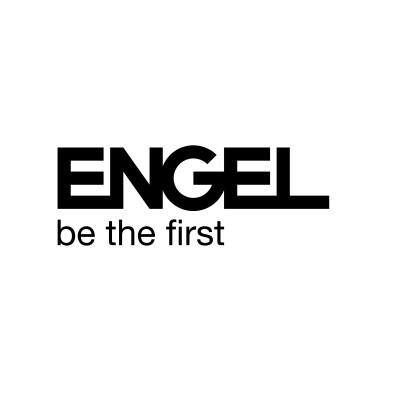Maximum precision for lowest shot weights
For the market launch of its new micro-injection unit for liquid silicone rubber at ENGEL live e-xperience from 13th to 16th October 2020, ENGEL is producing the smallest precision components for the field of ophthalmology with an individual part weight of 0.0013 grams.
An all-electric and tie-bar-less ENGEL e motion 50/30 TL injection moulding machine is used for this purpose. The new LSR micro-injection unit combines highest precision with maximum flexibility and cost-effectiveness.
Flexible conversion
For the market launch, a 32-cavity valve gate cold runner mould will be used to produce connecting elements used in ophthalmic diagnostic instruments. The filigree parts measure 1.7 mm in length and 0.9 mm in diameter and weigh just 0.0013 grams. The all-electric and tie-bar-less ENGEL e-motion 50/30 TL injection moulding machine is equipped with an LSR metering pump by ACH Solution, an ENGEL viper 6 linear robot for micropart removal and depositing on a conveyor belt, and a camera system for quality control – also from ACH Solution.
The focus during the development of the micro-injection unit was on a high degree of flexibility. Thanks to the quick coupling system, the unit can be exchanged for a conventional screw injection unit in less than 30 minutes to maximise the production uptime of the injection moulding machine.
Tie-bar-less for lowest unit costs
One other unique selling point of the ENGEL solution is the large platens of the tie-bar-less e-motion TL injection moulding machine. Since there are no tie bars in the way, the platens can be fully utilised, right up to the edge. This means that large multiple-cavity moulds fit on comparatively small injection moulding machines, which reduces the system footprint and increases productivity per unit of area. This in turn ensures the lowest unit costs.
The target group for the tie-bar-less, all-electric e-motion TL machine in combination with the new micro-injection unit is both medical technology and the consumer electronics industry, which produces very small electronic precision parts and high-quality optical components for smartphones, among other things. Due to the trends towards electromobility and autonomous driving, the automotive industry will also require a larger number of micro parts made of LSR in the future. ENGEL will also be using the new micro-injection unit to implement multi-component processes, for example, to inject sealing elements with very small shot volumes directly onto a base body.

